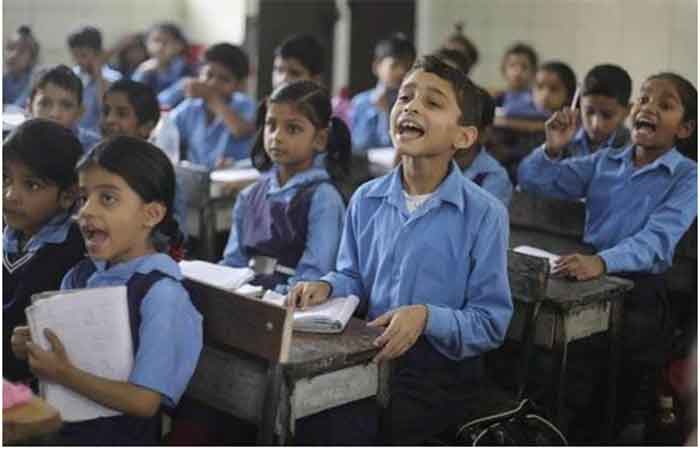G Sumedha Syam
In 2012, the spirit of India was violently shaken by the heinous Delhi gang rape. People took to the streets demanding justice for the girl we named Nirbhaya – “the fearless”. The Government amended the rape law bringing in a stricter, more formidable Criminal Law (Amendment) Act, 2013 (Nirbhaya Act) on laws related to sexual offences. In 2019, according to the National Crime Bureau, India recorded 88 rape cases per day, an increase from the 68 cases in 2012. And these are just the rapes that are on record. The only thing that has changed from then to now is the increasing brutality of the crime and the sheer brazenness of the perpetrator.
Currently, there has been a disturbingly increasing trend of sexual violence against women and children. And the reaction to these crimes by the media, Government and even common public has become a repetition. Media covers the entire incident in a way that serves their best interests. The Government pushes forth a tougher law, or not. We rage, protest, demand, debate and then forget. We are happy with the quick-action solutions – Public execution of the perpetrator, better implementation of existing laws, women calling out their harassers, women learning self-defence etc. These measures are more visible and pacify the mobs baying for blood, but they are short term.
The problem is deeply rooted in our social fabric, in our patriarchal psyche.
To date, a victim is blamed and shamed; there are doubts cast on her character. If she is someone who has behaved outside the accepted society approved gender roles, we say, she was asking for it. Women are not meant to stay out late. Better yet, they should stay at home. Be seen, not heard. Never raise their voice. Dress appropriately. Marry when told, to whomsoever told. All this can only change with an attitude transformation, a cultural and social shift. What we require is a change of the mindset. Which is why we the current education system should be different.
Role of Education:
Having a higher skill set pays more is an accepted, proven norm. So, we acquire academic degrees, move to better-paying jobs, toil day and night to advance to even higher-paying positions, and ensure our next generation follows the same path for a better life. The cycle continues. In all this time, do we ever wonder if this is what life has to offer?
The current system of education is sterile; it does not answer any of the existential questions we have. It does not go beyond marks, percentages, acquiring skills and competencies. It does not teach us how to live or navigate life or develop social and political consciousness.
Sarvepalli Radhakrishnan, after whom Teacher’s Day is observed once said:
“The aim of education is not the acquisition of information although important, or acquisition of technical skills, though essential in modern society, but the development of that bent of mind, that attitude of reason, that spirit of democracy which will make us responsible citizens”

The existing educational system needs to undergo a massive change. Critical pedagogy is the need of the hour. School curriculum cannot stay away from subjects that address topics of patriarchy, discrimination, gender, feudalism, intolerance and liberty. Children should be taught to critically examine the existing socio-economic differences, their reasons, culture and gender conformations and their end goals.
Education is a very powerful, personal, social and transformative tool, provided we transform education itself. Meaning, literacy or education is useless if it does not help us read and define our world and reality, and do something about it. It should teach us to become good citizens. Boys must learn to treat women as equal people, share housework, be respectful, and share public spaces. Patriarchy is a villain and has no place in a democracy. This country needs a paradigm shift, and education is the route to it.
Coming back to the actual topic, sexual violence against women cannot be resolved by short term solutions. The existing legal and security measures even if tightened would not be enough. About one-third of our total population is in schooling stage and spend a significant time in their lives getting educated. Education, therefore, should be looked at as comprehensive long-lasting way forward for social and cultural transformation. As a citizen, our duty should be to demand the Government through mass mobilisation and political discourse the need to change the current quality of education.
Mahatma Gandhi said, “Be the change, you want to see”.
So, we try. One step at a time. One day at a time.
No comments:
Post a Comment